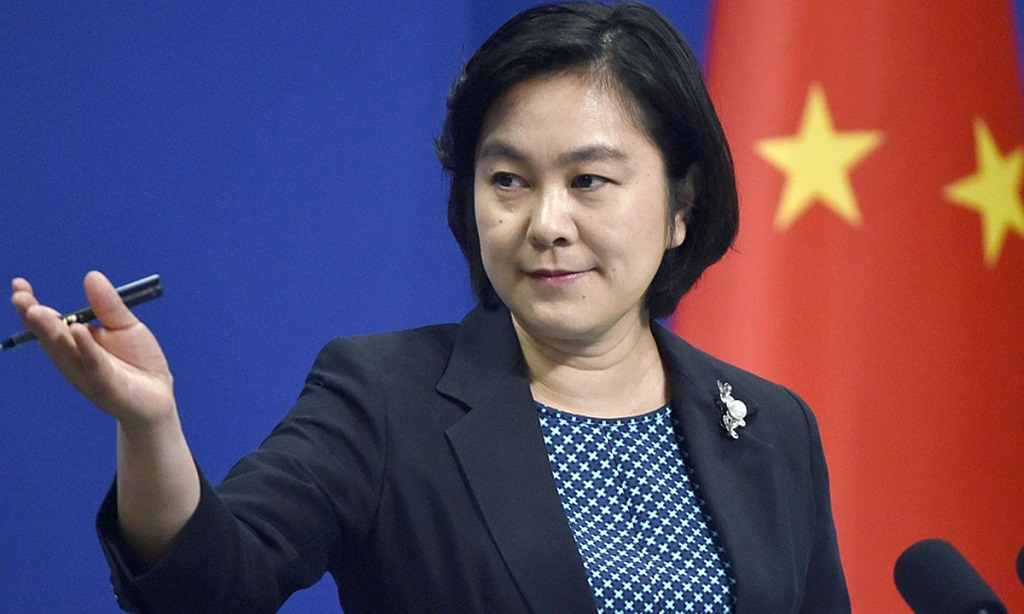In an opinion article published in Diario El Salvador, the Chinese official discussed the importance of the process and pointed out that last June, with the incorporation of Honduras, 22 partner countries in Latin America and the Caribbean have joined the initiative.
For both parties, it is a strip of development and a route to happiness, in which China’s development experience can be a guide, Hua added.
The idea is shared by experts from Argentina, Cuba and other countries in the region. This year marks the 63rd anniversary of the opening of diplomatic relations between China and the Latin America, which over the years have always treated each other as equals and exchanged and learned from each other, she said.
President Xi Jinping has repeatedly said that the construction of the Belt and Road Initiative in no way implies the negation of existing institutional cooperation; on the contrary, it aims to seek the articulation of strategies and mutual complementarity between several countries with their respective advantages, the diplomat stressed.
Hua referred to experiences of cooperation with several nations in the region and, for example, in the Belt and Road Initiative, it was articulated with Chile’s 2035 Digital Transformation Strategy, Panama’s 2030 National Logistics Strategy, Uruguay’s National Infrastructure Agenda, and Trinidad and Tobago’s economic diversification strategy, among others.
According to incomplete statistics, until last September, China had executed more than 200 infrastructure projects in the region, including thousands of kilometers of roads, railroads and a light rail, more than 100 schools, hospitals and sports stadiums, nearly 100 bridges and tunnels, and dozens of airports and ports, as well as more than 30 electrical facilities such as power plants and power stations.
Over the past 10 years, trade in goods between China and the region nearly doubled from 261.6 billion dollars in 2013 to 485.8 billion dollars in 2022.
jg/arm/mgt/lb









